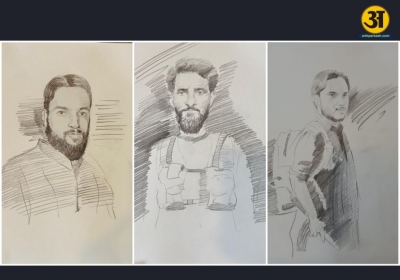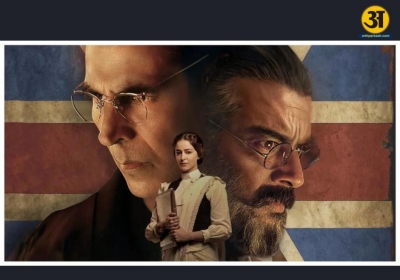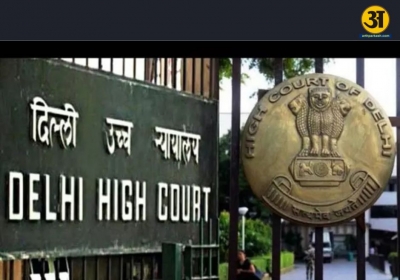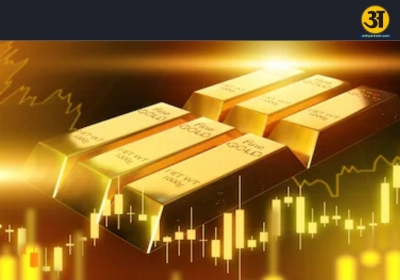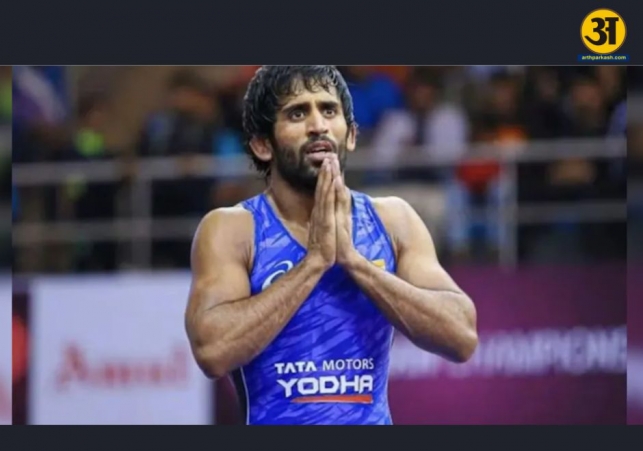
Bajrang Punia banned: full timeline
Bajrang Punia handed four-year ban: no wrestling or coaching abroad allowed – timeline inside
India's celebrated wrestler Bajrang Punia, known for winning a bronze medal at the Tokyo Olympics, has been banned from competitive wrestling for four years. This suspension also prevents him from taking up coaching opportunities abroad. The National Anti-Doping Agency (NADA) imposed the ban after Bajrang refused to provide a doping test sample during national team selection trials on March 10, 2024.
NADA had initially suspended Bajrang on April 23, 2024, due to this refusal. Later, the World Wrestling Governing Body (UWW) upheld the suspension. Despite contesting the provisional ban, Bajrang faced a final ruling from NADA's Anti-Disciplinary Doping Panel (ADDP), which confirmed his ineligibility for four years under Article 10.3.1 of the Anti-Doping Rules.
The ban officially began on April 23, 2024, the date of his provisional suspension. A temporary lifting of the suspension between May 31 and June 21, 2024, was not counted toward the four-year period.
Events leading to the ban
Bajrang's troubles began when he refused to submit a doping sample in March, citing concerns over expired testing kits used by NADA in December 2023. His refusal led to his provisional suspension in April. Although the suspension was temporarily lifted in May, Bajrang was formally charged by NADA on June 23.
ALSO READ: D Gukesh: the young Chess prodigy aiming to conquer the World
ALSO READ: Roger Federer's heartfelt tribute to Rafael Nadal ahead of his retirement
In response, Bajrang filed a challenge against the charges on July 11, claiming he was unfairly targeted due to his protests against former Wrestling Federation of India (WFI) President Brij Bhushan Sharan Singh. Hearings were conducted in September and October 2024, where the ADDP concluded that Bajrang’s actions warranted a full ban.
Bajrang's defense
Bajrang has repeatedly claimed that he never outright refused to provide a sample but sought clarification on NADA's testing procedures. He alleged that the expired testing kits previously used raised concerns about the integrity of the process. Bajrang argued that as a leading athlete, it was his duty to ensure fair practices in doping control.
In his defense, Bajrang said he was willing to cooperate with NADA if his questions were addressed. However, NADA maintained that Bajrang deliberately avoided the test, violating his responsibilities as an athlete under Articles 20.1 and 20.2 of the Anti-Doping Rules.
This decision marks a significant setback for Bajrang, whose achievements include an Olympic medal and leadership roles in sports and politics. While he has cried foul play, NADA’s decision has made it clear that compliance with anti-doping regulations is non-negotiable.

